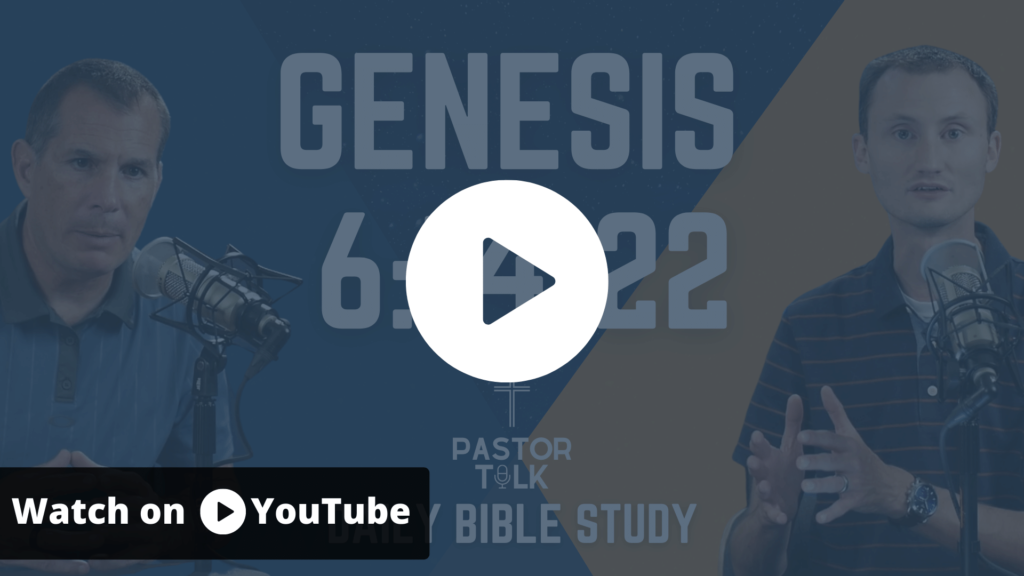
/
RSS Feed
This is the part of the Noah story that you know. Don’t let it keep you from seeing the point of the story as it was intended. Join Pastors Clint and Michael as they explore what we have to learn about God in this classic story of Noah building the ark.
Be sure to share this with anyone who you think might be interested in going along on this journey together through Genesis together.

Pastor Talk Quick Links:
- Learn more about the Pastor Talk series and view our previous studies at https://pastortalk.co
- Subscribe to get the Pastor Talk episodes via podcast, email and much more! https://pastortalk.co#subscribe
- Questions or ideas? Connect with us! https://pastortalk.co#connect
- Interested in joining us for worship on Sunday at 8:50am? Join us at https://fpcspiritlake.org/stream
